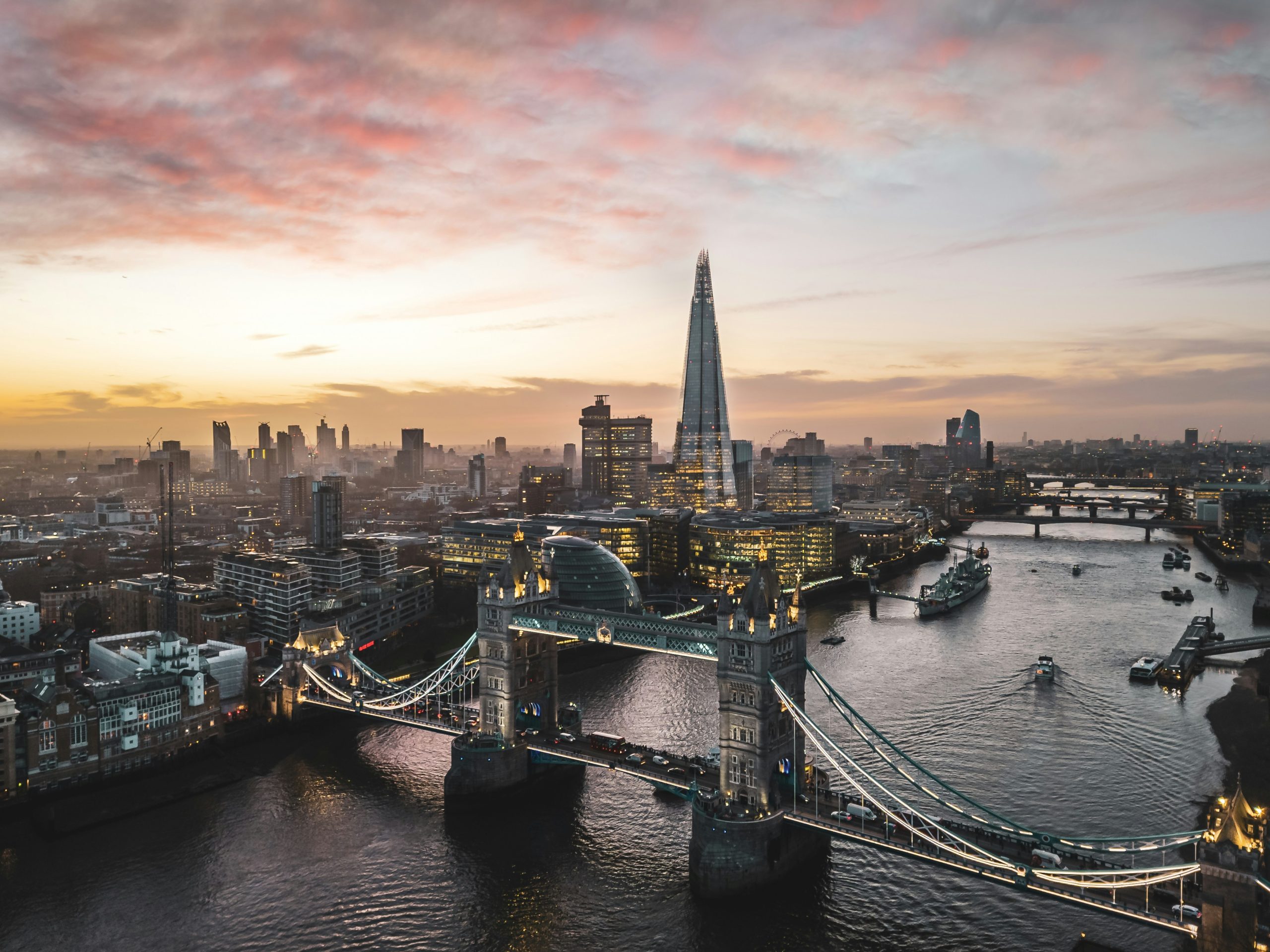Travel
Top digital marketing trends in travel marketing discussed at WTM London | London Daily News

At World Travel Market (WTM) 2024 in London, digital marketing experts and travel industry leaders came together to explore the latest trends impacting travel marketing. These insights highlight how the travel industry is evolving in the era of digital transformation, putting the traveler experience at the heart of innovative strategies. The top five digital marketing trends highlighted at WTM London are:
1. AI-Driven Personalisation
One of the biggest themes at WTM London was the advancement of Artificial Intelligence (AI) to enhance personalisation in travel marketing. AI is reshaping the way brands engage with travellers by enabling highly personalised content, tailored recommendations, and seamless customer journeys. Machine learning algorithms analyse traveler preferences, booking behaviours, and past interactions, enabling travel brands to deliver experiences uniquely tailored to each user. This level of personalisation goes beyond targeted ads and emails and touches every part of the customer journey. For example, travellers can now get personalised itineraries, on-demand recommendations, and real-time assistance – all powered by AI.
Embracing AI in personalisation isn’t just about convenience; it is a response to rising passenger expectations. Today’s travellers expect brands to understand their preferences without asking, and AI provides the tools to meet these demands, improving loyalty and satisfaction. Conversational AI, such as chatbots and voice assistants is becoming a valuable resource to help travellers plan and manage their trips with ease.
2. Influencer marketing and user-generated content (UGC)
Influencer marketing remains a powerful strategy in travel marketing, with an increasing emphasis on authenticity and user-generated content (UGC). At WTM London, experts highlighted how influencers, particularly micro- and nano-influencers, are reshaping perceptions and building trust among travellers. Instead of polished campaigns, these influencers focus on realistic experiences, local cultures, and spontaneous moments that resonate with audiences seeking authenticity.
UGC, which includes reviews, social media posts, and travel photography from real customers, also plays a major role. Travellers trust the experiences and recommendations of their peers, and user-generated content allows them to see real-life insights that drive bookings. Travel brands are capitalising on this by sharing UGC across marketing channels, creating a sense of community and trust that is far more impactful than traditional advertising. This strategy has proven effective in increasing engagement, improving credibility, and building stronger relationships with audiences.
London-based local influencers can help more to promote local things and businesses. Local platforms like Google listing, Yelp, and TripAdvisor can SEO, SEM & Organic Content Marketing Blog and encourage more people to visit this beautiful city.
3. Immersive experiences with AR and VR
The use of Augmented Reality (AR) and Virtual Reality (VR) technologies has been a growing trend in travel marketing, providing immersive experiences that bridge the gap between inspiration and decision-making. At WTM London, experts discussed how these technologies are changing the way travellers explore destinations, hotels, and experiences. Augmented reality and virtual reality allow potential travellers to “try before they buy” by providing virtual tours, 360-degree views, and interactive experiences that help them visualise their trips before committing.
For example, a virtual tour of a resort, including virtual visits to its facilities, gives travellers more comprehensive information than photographs alone. This immersive content is especially useful for those planning high-risk trips, such as honeymoons or family vacations, where safety over the experience is of utmost importance. AR also allows travellers to interact with their surroundings during a trip, adding layers of cultural, historical, or practical information, improving their trip and satisfaction.
4. Data-driven marketing and predictive analytics
Data-driven marketing is a powerful trend that helps travel brands anticipate customer needs and meet them effectively. WTM London speakers highlighted that with the help of data analytics and predictive search engine algorithms, brands can understand demand patterns, identify target audiences, target keywords, and optimise marketing budgets for maximum impact. Predictive analytics is also gaining traction, allowing travel companies to forecast demand, pricing trends, and customer behaviour. This data empowers brands to create marketing strategies that are not only reactive but also proactive, ensuring they stay ahead of competitors. For example, predictive analytics can help airlines and hotels adjust pricing dynamically based on demand patterns, while also suggesting complementary services and upgrades to customers at the right time. The ability to predict trends and act accordingly leads to better customer experiences and increased revenues.
5. Sustainable and Ethical Marketing
Sustainability is no longer just a trend; it is a core expectation for today’s travellers. At WTM London, the importance of ethical and sustainable marketing was emphasised, and brands were urged to communicate their eco-friendly practices authentically and transparently. Most travellers are concerned about their environmental footprint and want to support brands that share their values. This trend is particularly relevant to the travel industry, where concerns about over-tourism, carbon emissions, and cultural preservation are prominent.
Brands are now incorporating sustainable behaviours into their messaging, such as highlighting eco-friendly accommodations, reducing plastic waste, supporting local communities, and offering sustainable travel options. But sustainability isn’t just about promoting eco-friendly behaviours; it’s also about authenticity. At WTM London, experts discussed the importance of avoiding “greenwashing” by ensuring all sustainability claims are backed up by real action and transparency. Travel brands that embrace truly sustainable practices build trust and loyalty among environmentally conscious travellers.
Conclusion
The digital marketing landscape in travel is rapidly evolving, with technology, consumer expectations, and global issues reshaping strategies. Key trends discussed at WTM London 2024: AI-powered personalisation, influencer marketing with UGC, immersive AR and VR experiences, data-driven decisions, and sustainable marketing – a comprehensive journey towards a more personalised, authentic, and socially responsible travel marketing Reflect movement.
As these trends continue to evolve, brands that embrace them will be well-positioned to capture the attention of today’s discerning travellers and meet their needs in innovative and meaningful ways. By focusing on personalisation, authenticity, immersion, data, and sustainability, travel marketers can create powerful connections that inspire loyalty and foster memorable travel experiences. These trends point to a future where the travel industry not only adapts to technological advancements but also promotes responsible, engaging, and highly personalised travel for all.








